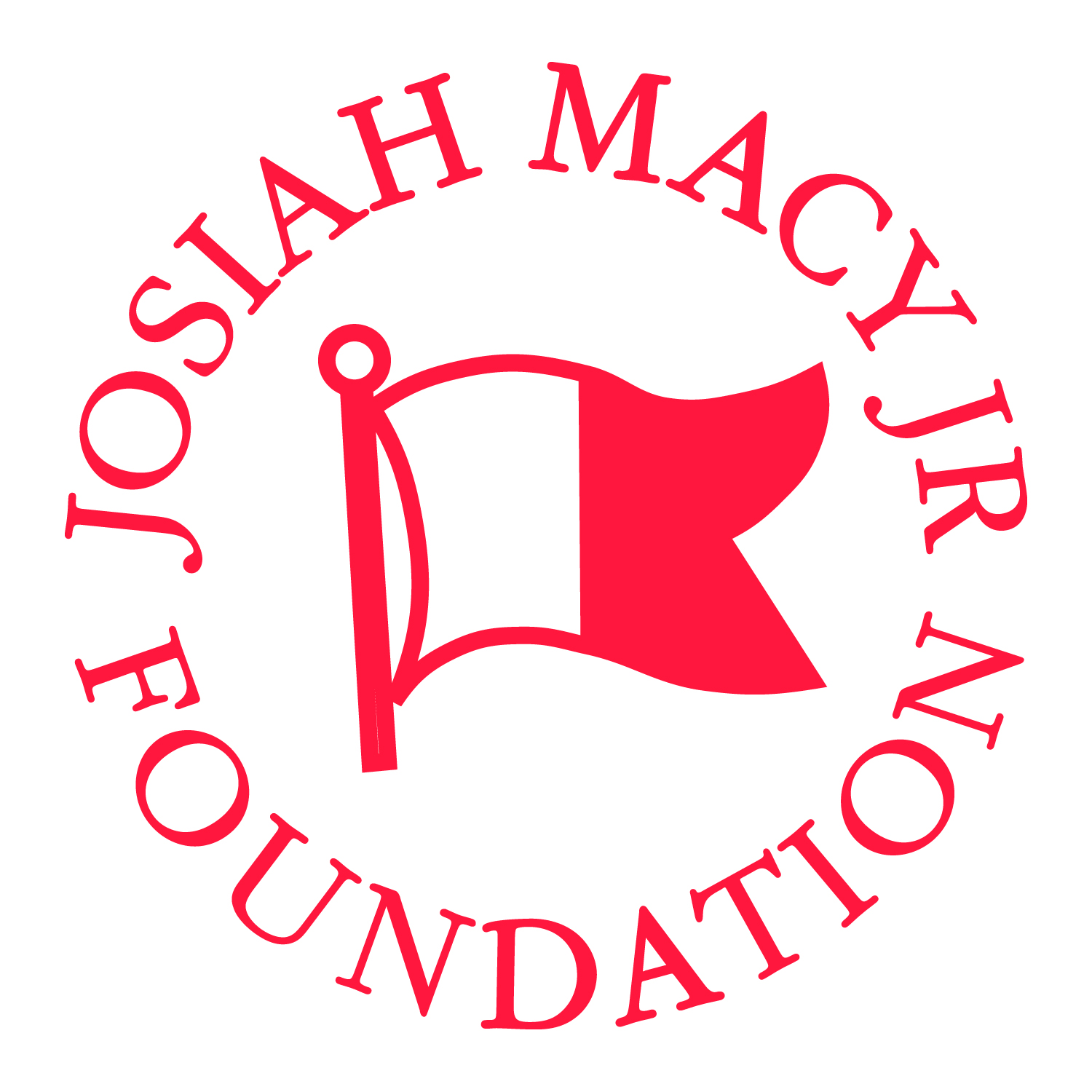Harvard Medical School educators, working in close collaboration with OpenNotes, are guiding medical students and their core faculty in adopting open and transparent communication in collaboration with a broad variety of patients and their families.


Harvard Medical School educators, working in close collaboration with OpenNotes, are guiding medical students and their core faculty in adopting open and transparent communication in collaboration with a broad variety of patients and their families.
Open notes present novel ethical and practice dilemmas. Words matter, and descriptions of social determinants of health, medical vernacular (e.g., “patient denies”) and medical terms (e.g., “obesity”) may offend patients. Accompanied by important repercussions for trust in providers, stigmatizing language or insensitive notes may also especially affect persons from sexual/gender, cultural, ethnic, or religious minorities. Other dilemmas arise in complex family dynamics, where some individuals may expect to access their family member’s notes.
Studies show that many clinicians report being less candid in documentation after the implementation of open notes. Upholding accuracy in clinical record-keeping remains a clear imperative. Strategies intended to avert harm, worry, or offense are understandable, yet such practices may inadvertently pose a greater risk to patients by undermining the quality of clinical documentation and true transparency.
In this project, the educators in charge of the first two years of clinical education for Harvard Medical School students will work in close collaboration with OpenNotes to guide students and their core faculty in balancing benefits with risks of transparent communication across a range of practical dilemmas.
Supported by a three-year grant from the Macy Foundation and a matching donation by Kate and Arnold Schmeidler, the principal goals of the project are:
A Patient-Centered Documentation Skills Curriculum for Preclerkship Medical Students in an Open Notes Era , MedEdPORTAL (2024)
Anita Vanka, MD, FHM, FACP
Assistant Professor of Medicine, Harvard Medical School. Course Director, Practice of Medicine course, Harvard Medical School. Associate Site Director, Core 1 Medicine Clerkship and hospitalist, Beth Israel Deaconess Medical Center
Katherine T. Johnston, MD, MA., MSc, FACP—former co-PI
Assistant Professor of Medicine, Harvard Medical School. Former Co-Director, Practice of Medicine course, Harvard Medical School. Associate Site Director, Core 1 Medicine Clerkship and primary care internist, Massachusetts General Hospital
Charlotte Blease, BSc, MA, PhD
Keane Visiting Scientist, OpenNotes, Beth Israel Deaconess Medical Center
Tom Delbanco, MD, MACP
Co-Founder, OpenNotes. John F. Keane & Family Professor of Medicine, Harvard Medical School and Beth Israel Deaconess Medical Center
Catherine M. DesRoches, DrPH
Executive Director, OpenNotes. Associate Professor of Medicine, Harvard Medical School and Beth Israel Deaconess Medical Center
Robert Stern, MD, Ed.M
Co-Leader, Macy/Schmeidler Medical Student OpenNotes Educational Initiative, Instructor of Medicine, Harvard Medical School, Brigham and Women’s Hospital and Dana Farber Cancer Institute
Sigall K. Bell, MD
Director of Patient Safety and Discovery, OpenNotes, Associate Professor of Medicine, Harvard Medical School, Beth Israel Deaconess Medical Center
Fabienne Bourgeois, MD, MPH
OpenNotes lead for Pediatrics, Assistant Professor of Pediatrics, Harvard Medical School, Pediatric hospitalist and Physician Lead of Consumer Informatics, Boston Children’s Hospital
Sara Fazio, MD, FACP
Professor of Medicine, Harvard Medical School. Advisory Dean and Director, The Walter Bradford Cannon Society, Harvard Medical School
Primary care internist, Beth Israel Deaconess Medical Center
Leonor Fernandez, MD
Assistant Professor of Medicine, Harvard Medical School. Director, Patient Engagement, Healthcare Associates
Primary care internist, Beth Israel Deaconess Medical Center
Karla Kendrick, MD
Fellow in general medicine, Harvard Medical School, Beth Israel Deaconess Medical Center
Barbara Lam, MD
Fellow in hematology and oncology, Harvard Medical School, Beth Israel Deaconess Medical Center
Daniele Olveczky, MD, MSc
Assistant Professor of Medicine, Harvard Medical School. Co-Chair, Harvard Medical School Academy Cross Cultural Interest Group. Hospitalist, Beth Israel Deaconess Medical Center
Stephen O’Neill, LICSW, BCD, JD
OpenNotes Director of Director of Behavioral Health, Faculty member, Center for Bioethics, Harvard Medical School, Former Social Work Manager for Psychiatry, Primary Care, Pain Management and Infectious Disease, Beth Israel Deaconess Medical Center
Jennifer Potter, MD
Professor of Medicine, Harvard Medical School, Advisory Dean, William B. Castle Society, Harvard Medical School, Co-Chair, the Fenway Institute, Primary care internist, Beth Israel Deaconess Medical Center
Liz Salmi
Communications & Patient Initiatives Director, OpenNotes, Beth Israel Deaconess Medical Center
Jan Walker, RN, MBA
Co-Founder, OpenNotes, Associate Professor of Medicine, Harvard Medical School, and Beth Israel Deaconess Medical Center
Josiah Macy Jr. Foundation and a matching gift from Kate and Arnold Schmeidler
 The Josiah Macy Jr. Foundation is the only national foundation dedicated solely to improving the education of health professionals. Our guiding principle is that health professional education has at its core a strong social mission: to serve the public’s needs and improve the health of the public. We foster innovation in clinical learning environments by investing in promoting diversity, equity, and belonging, increasing collaboration among future health professionals, and preparing future health professionals to navigate ethical dilemmas. Our aim is to prepare future health professionals to meet the needs of the 21st century.
The Josiah Macy Jr. Foundation is the only national foundation dedicated solely to improving the education of health professionals. Our guiding principle is that health professional education has at its core a strong social mission: to serve the public’s needs and improve the health of the public. We foster innovation in clinical learning environments by investing in promoting diversity, equity, and belonging, increasing collaboration among future health professionals, and preparing future health professionals to navigate ethical dilemmas. Our aim is to prepare future health professionals to meet the needs of the 21st century.
![]() Except where otherwise noted, the content by OpenNotes is licensed under a Creative Commons Attribution 4.0 International License.
Except where otherwise noted, the content by OpenNotes is licensed under a Creative Commons Attribution 4.0 International License.
NEW WEBINAR
Getting It Write: What To Do Now That Patients in England Can Read Their GP Notes
Tuesday, November 1, 2022 | 8am Pacific Standard Time (PST)
11am Eastern Standard Time (EST) / 3pm Greenwich Mean Time (GMT)
While open notes have been the “law of the land” in the United States for more than a year, in England, adult patients accessing care through the National Health Service (NHS) will have access to their primary care record online for the first time starting Nov. 1, 2022.
In this webinar, we’ll be joined by open notes experts and discuss what this change means for patients and general practitioner (GP) staff in England.


